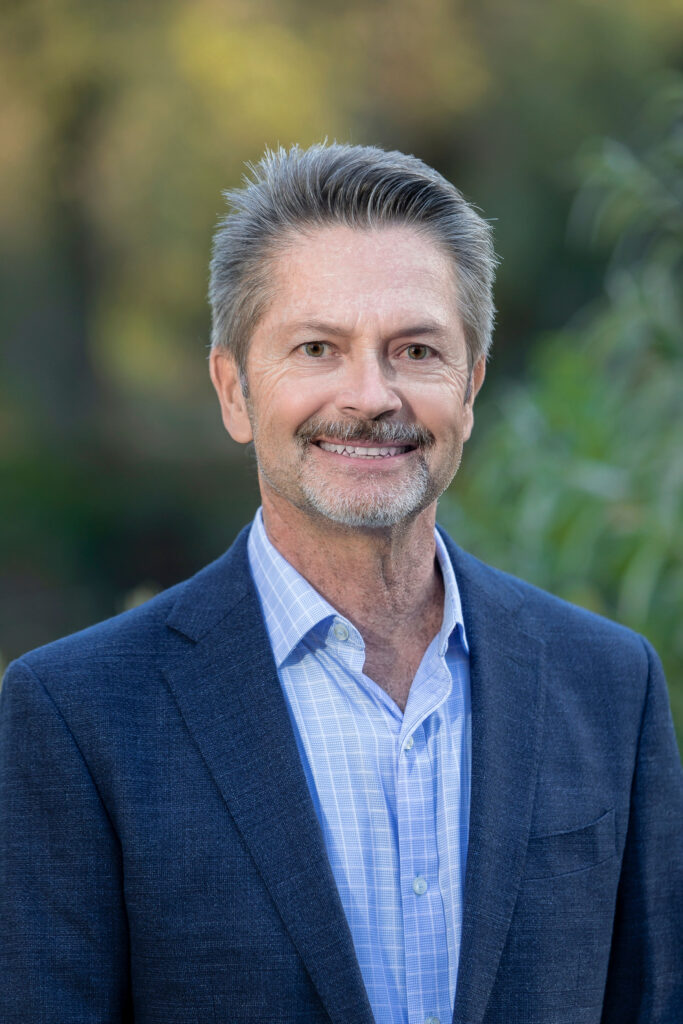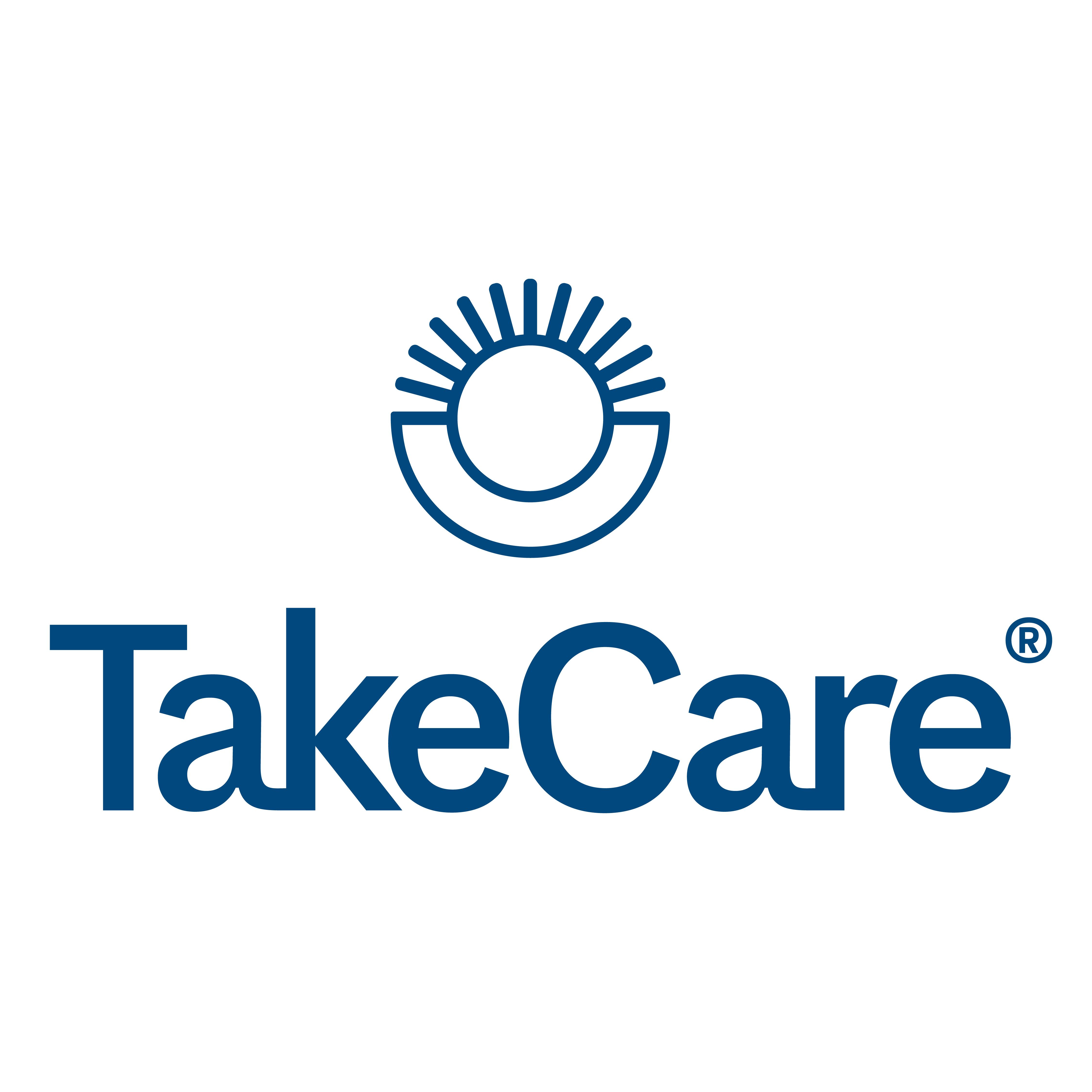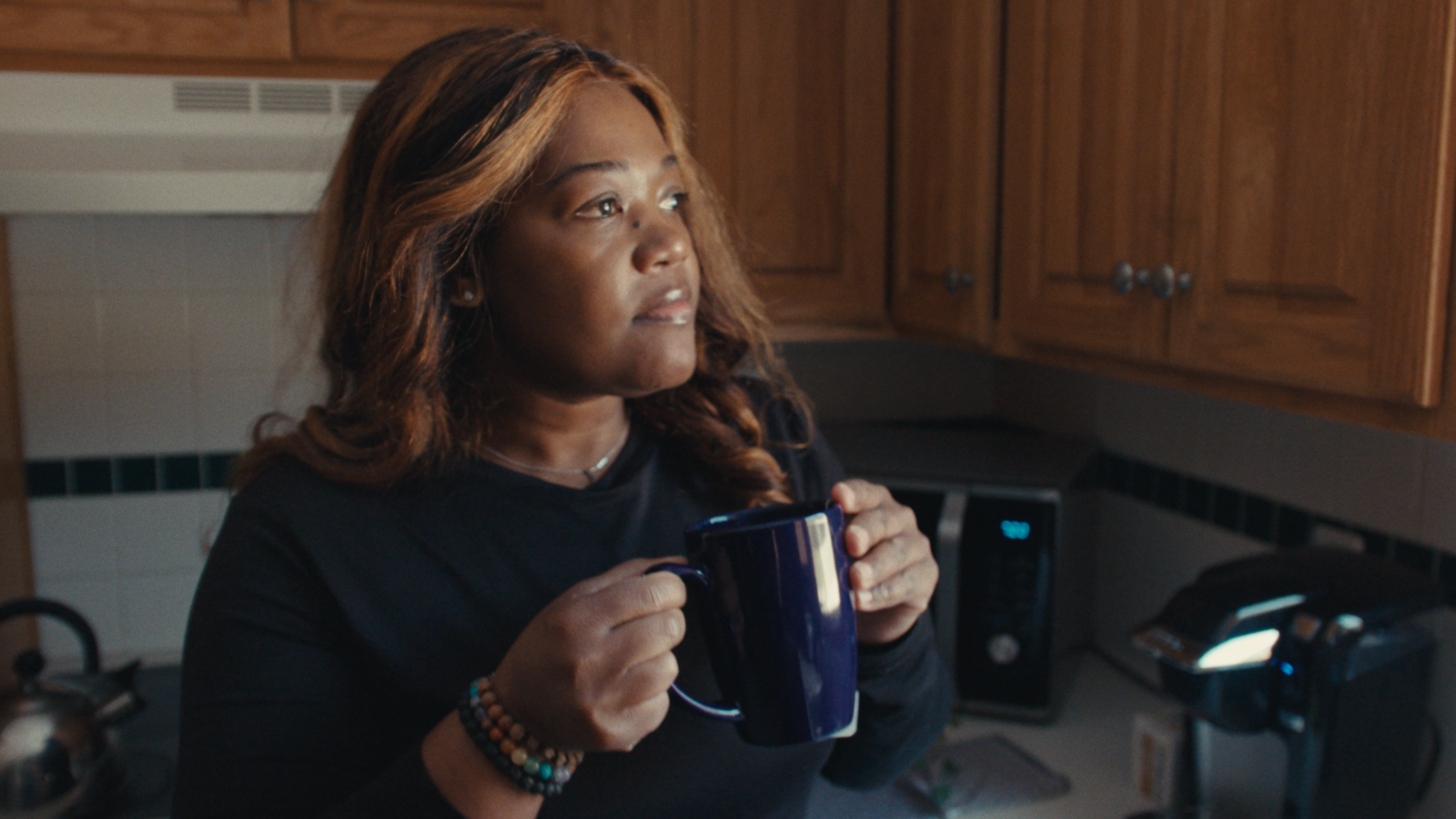“How do you say ‘Thank you’ when your life is falling apart? How do you practice gratitude?” asks Nicola, a busy working mother of four who suffered from depression and underwent two major surgeries. Despite overwhelming challenges, she says, “Whatever was inside of me said ‘Be grateful,’ and that’s when my healing began.”
Nicola’s uplifting story is told in the short film “Walking in Gratitude,” which is part of TakeCare, a national initiative rooted in science that provides the reflection, motivation, and implementation to inspire people to create health and well-being in their lives. Nicola’s expression of gratefulness is precisely what I’ve spent the last 25 years studying. As a professor of psychology at the University of California, Davis, and the founding editor-in-chief of The Journal of Positive Psychology, I’ve seen gratitude transform lives, as it did for Nicola. It’s been an honor to serve as the film’s health advisor.
Attitude of gratitude
Many people think that gratitude is something we feel when good things are happening in our lives. But, in fact, it’s not a feeling but an attitude, and it’s not dependent on circumstances. We can be grateful even when we don’t feel grateful. This attitude of gratitude is actually most helpful when things are not going well. Like Nicola, each of us will face difficulties and losses at some point in our lives. Her story powerfully demonstrates how the practice of gratitude can help us heal and grow.
The ARC model
How does gratitude heal? How does it shift our perspective so that we can see struggles as opportunities and find ways to grow from them? A useful framework for understanding this is the ARC model, which highlights three main ways that gratitude can transform our lives—it Amplifies, Rescues, and Connects.
Gratitude amplifies: Like a microphone, gratitude raises the volume of the good in our lives. A grateful outlook amplifies the positives that we see in ourselves, in others, and in the world.
Gratitude rescues: Our minds may tend to focus on negativity, entitlement, resentfulness, or ungratefulness. Whether stemming from internal thoughts or life circumstances, doom and gloom is never far from most people’s minds. To offset this—and to rescue us from negativity—we need to focus on the positive with gratitude.
Gratitude connects: Gratitude is like cement, spackle, or all-purpose glue that squeezes into the cracks between people, strengthening and solidifying relationships. Gratitude helps hold together friendships, families, organizations, and communities.
Gratitude practices
The attitude of gratitude is not something you have or don’t have—it’s something you can build up through practice. For Nicola, a central part of her practice is what she calls “gratitude walks,” frequent hikes that she takes in nature, often with friends. Other people keep a gratitude journal or regularly express to friends and family how much they appreciate them. There’s no one-size-fits-all strategy to build gratitude, and it’s important to find techniques that work for you. Many people find mindfulness practices, yoga, or music helpful.
Gratitude’s benefits
A growing body of research points to many dramatic and lasting effects that gratitude can have on our physical and emotional well-being. Clinical trials, done by my team and others, indicate gratitude can lower blood pressure, boost immune function, improve sleep, and raise good cholesterol (HDL), while lowering bad cholesterol (LDL). Studies also show that gratitude has remarkable effects on emotional health, reducing lifetime risk for depression, anxiety, substance abuse disorders, and suicide. Grateful people engage in more exercise, eat more healthfully, and take prescribed medications more reliably.
We also know that gratitude is contagious. Nicola invites others to join her nature walks, sharing her appreciation and fostering it in family and friends. Gratitude is something that we need to broadcast—rather than keep inside—and that has a marvelous effect on the people in our lives and our relationships. Now that’s certainly something to be grateful for.
You can read this blog on TakeCare.

Robert A. Emmons, Ph.D., served as advisor on the film, “Walking in Gratitude,” as part of The Healthy US Collaborative’s TakeCare initiative. He is one of the world’s leading scientific experts on gratitude. He is a professor of psychology at the University of California, Davis, and the founding editor-in-chief of The Journal of Positive Psychology. Dr. Emmons is the author of the books Gratitude Works!: A 21-Day Program for Creating Emotional Prosperity and Thanks! How the New Science of Gratitude Can Make You Happier.


